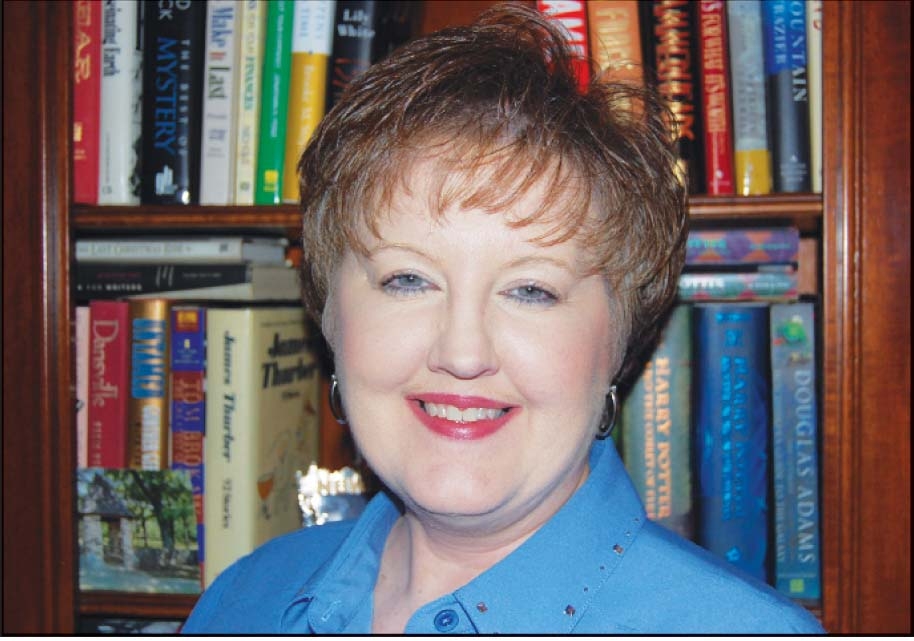By Zack Steele
I often get questions about glaucoma from patients. It’s one of the well known eye diseases that many people have heard about, but may not be sure what the disease is and how it affects vision.
Glaucoma is often a tough disease to diagnose, but eye care professionals have improved their ability to diagnose the disease with new state-of-the-art equipment.
Glaucoma is an eye disease that’s usually caused by an increased amount of pressure in the eye, which causes damage to the optic nerve. Incidents of glaucoma increase due to age, ethnicity, trauma and family history.
Consider the eye having a current of fluid constantly flowing into and out of the eye. Problems begin to develop with this fluid building up in the eye or problems with fluid drainage that can cause pressure inside the eye to increase.
Glaucoma is often difficult to detect in its early stages because there are no visible symptoms. The only way to detect the disease is through testing administered by an optometrist during a dilated eye examination. If there’s an upside to glaucoma, the process is usually slow, and it usually doesn’t cause blindness or debilitating vision loss for several years. If treatment is initiated early enough, the prognosis for glaucoma is usually good.
The American Optometric Association reports that more than two million Americans have glaucoma, and this number is expected to increase as more of the population grows older. Glaucoma occurs more frequently in African-Americans than caucasians. Over 11 percent of all blindness and 8 percent of visual impairment in the U.S. may be due to glaucoma.
The good news is there are treatments for glaucoma, if it’s discovered in its early stages. Initial treatment begins with drops, usually before bed each night. If medical treatment is unsuccessful, then surgical treatment is an option.
One such surgery is through a laser to help lower the pressure that doesn’t involve cutting into the eye itself.
The take-home message is that glaucoma is treatable when diagnosed early. The only way to prevent permanent vision loss is yearly checkups with your eye care professional.
Dr. Zack Steele is a 2003 graduate of the UAB School of Optometry. His practice, Trussville Vision Care, is located on Chalkville Mountain Road in downtown Trussville.






